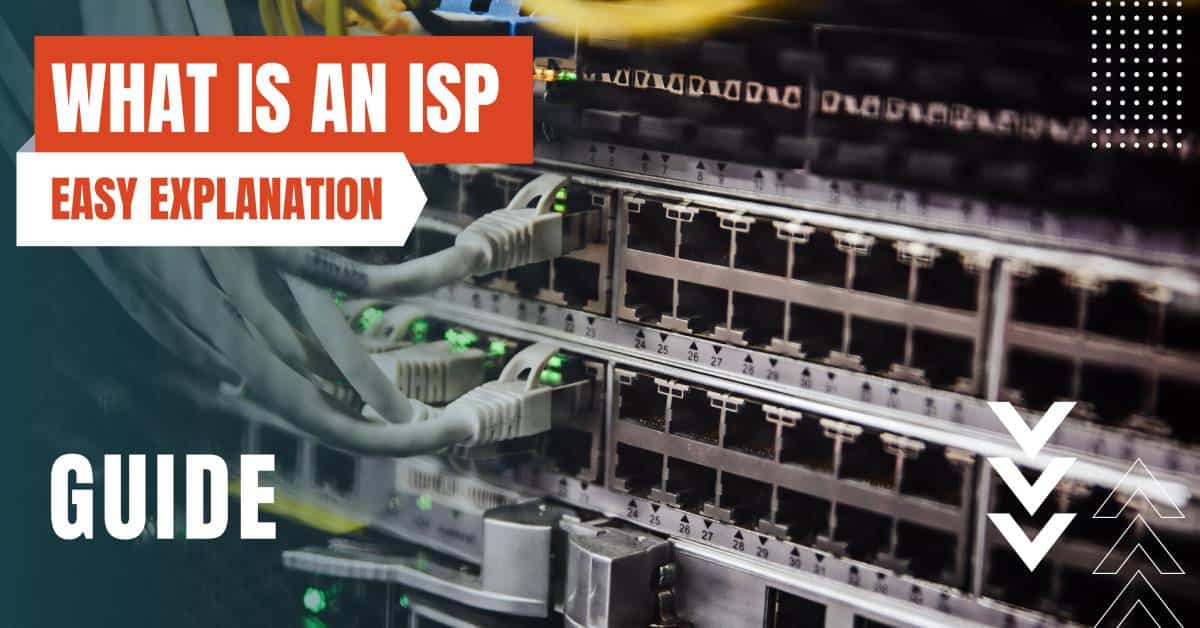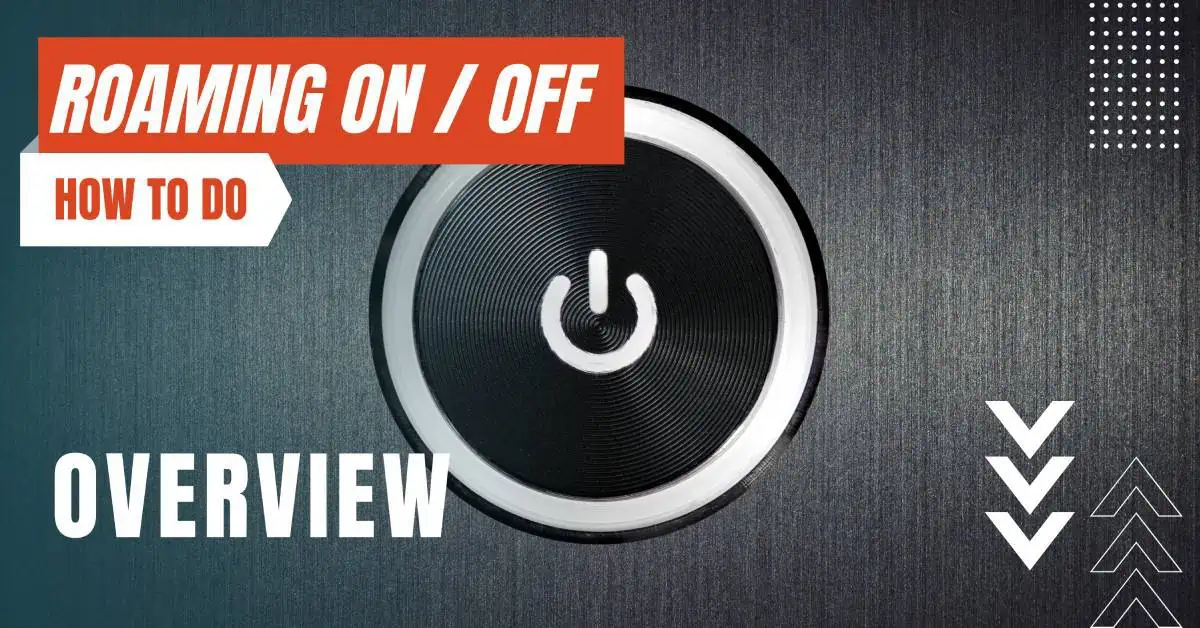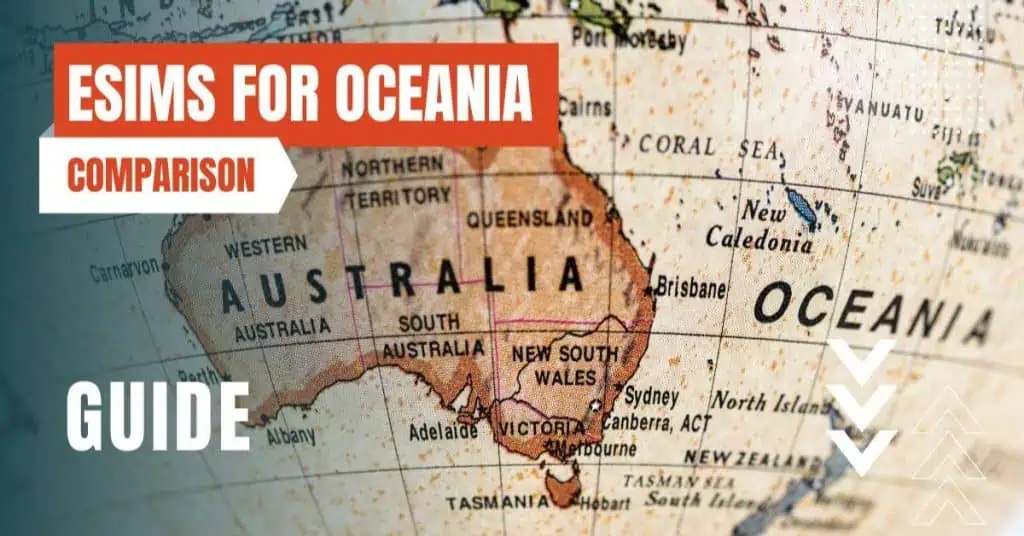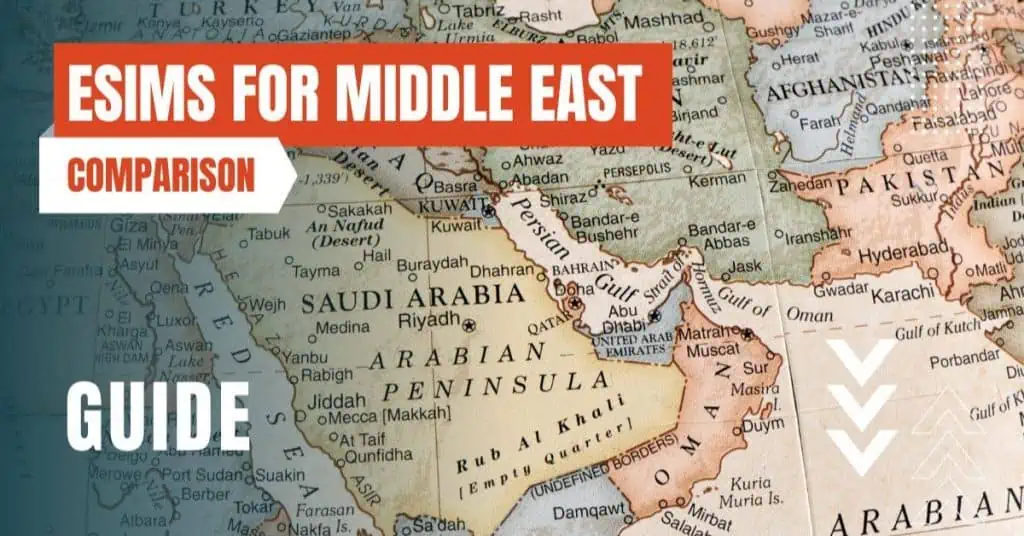All of the products and services we feature are chosen independently. If you click through links we provide, we may earn a commission. Learn more
Written by: Emily Chen
What is an ISP
- Updated: September 7, 2024 | Published:
In the digital age, the Internet has become a necessity for most people. Whether it’s for work, education, entertainment, or staying connected with loved ones, the Internet plays a crucial role in our daily lives.
But have you ever wondered how you get connected to the Internet? That’s where Internet Service Providers, or ISPs, come into play.

The Basics: Defining an ISP
An Internet Service Provider (ISP) is a company that provides you with access to the Internet. This is usually done through a variety of means, such as fiber optic cables, DSL, cable, or even satellite and wireless connections.
These companies have the necessary infrastructure to connect your home or business to the wider Internet.
The Role of an ISP
ISPs do more than just provide a connection to the Internet. They also offer other services, such as email accounts, web hosting, and virtual private networks (VPNs). Some ISPs also provide additional services like cable television and telephone services.
ISPs are also responsible for the maintenance and upgrade of their networks to ensure that their customers have a reliable and fast Internet connection. This includes dealing with any network issues that may arise and ensuring that their infrastructure can handle the increasing demand for Internet services.
Types of ISPs
There are several types of ISPs, each with its own set of advantages and disadvantages.
- Residential ISPs: These are the most common type of ISP. They provide Internet services to homes and small businesses. Examples include Comcast, AT&T, and Verizon.
- Business ISPs: These ISPs offer services specifically tailored for businesses. These services often include higher speeds, dedicated customer service, and additional features like business email and web hosting.
- Mobile ISPs: These ISPs provide Internet access through mobile networks. This is the type of ISP you’re using when you access the Internet on your smartphone or tablet using your cellular data.
- Satellite ISPs: These ISPs provide Internet access through a satellite connection. This type of ISP is often used in rural areas where other types of Internet connections are not available.
Choosing the Right ISP
Choosing the right ISP can be a daunting task, given the number of options available. When choosing an ISP, consider the following factors:
- Speed: This is often the first thing people look at when choosing an ISP. The speed you need will depend on your Internet usage. If you’re a heavy Internet user who streams a lot of video or plays online games, you’ll need a faster connection.
- Reliability: A fast Internet connection isn’t much use if it’s not reliable. Look for an ISP with a good track record of uptime and customer service.
- Cost: Internet services can be expensive, so it’s important to find an ISP that offers a good balance of speed and cost.
- Availability: Not all ISPs are available in all areas. Check to see which ISPs are available in your area before making a decision.
The Evolution of ISPs
ISPs have come a long way since the early days of the Internet. In the beginning, ISPs were dial-up services that provided slow speeds and required a dedicated phone line.
As technology advanced, so did ISPs. Broadband Internet, which provides significantly faster speeds than dial-up, became the standard. Today, many ISPs offer high-speed Internet services with speeds that can exceed 1 Gbps.
The evolution of ISPs has also been marked by a shift towards more diversified services. Many ISPs now offer bundled services, which can include Internet, cable TV, and telephone services. This allows customers to get all their services from one provider, often at a discounted rate.
The Regulatory Landscape
ISPs operate in a complex regulatory environment. In many countries, ISPs are regulated by telecommunications authorities, which set rules regarding things like pricing, service quality, and data privacy.
One of the most contentious issues in this area is net neutrality. Net neutrality is the principle that all Internet traffic should be treated equally, without any discrimination or preference given to certain types of content.
Some ISPs have argued against net neutrality, saying that they should be able to charge more for certain types of content or to prioritize certain types of traffic. However, many consumer advocates argue that net neutrality is essential for maintaining a free and open Internet.
The Future of ISPs
The future of ISPs is likely to be marked by continued technological advancement. One of the most significant developments on the horizon is the rollout of 5G networks, which promise to provide even faster Internet speeds and lower latency. This could lead to a new wave of innovation in the ISP industry, with new services and business models emerging.
Another key trend is the increasing importance of data privacy. As ISPs have access to a wealth of data about their customers’ Internet usage, there is growing concern about how this data is used and protected. This is likely to result in increased regulation and scrutiny of ISPs in the future.
ISPs are a critical part of our digital lives, providing the gateway to the Internet. As technology continues to advance, ISPs will continue to evolve, offering faster speeds, more services, and better security.
By understanding what an ISP is and how it works, you can make informed decisions about your Internet service and ensure that you get the most out of your online experience.
By entering your email & signing up, you agree to receive promotional emails on eSIMs and insider tips. You can unsubscribe or withdraw your consent at any time.

About The Author
Spread the Word, Share the Joy
Compare eSIMs
Why keep the secret to yourself? Spread the joy of eSIMradar and let everyone in on the eSIM experience!

Easy eSIM Comparison for Your Needs
Simplifying your search! Easily compare eSIM plans tailored to your specific needs

Coverage in 210+ Countries
Benefit from our extensive eSIM comparison with 30+ providers in over 210 destinations.

Save money without second-guessing
Our platform helps you maximize value, ensuring competitive prices.

Enjoy Hassle-Free Travel Abroad
Whether you’re on holiday or a business trip abroad, stay connected with ease and focus on enjoying your experiences,
Find Your Perfect eSIM & Exclusive Deals!
Find your ideal eSIM effortlessly and stay connected in style wherever your adventures take you! Get exclusive deals and discounts at your fingertips, ensuring you get connected for less on your travels!














